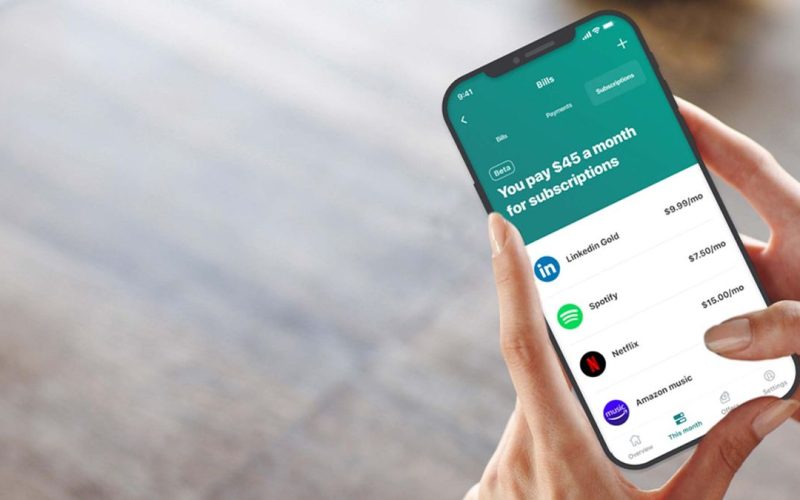Introduction
Achieving Long-Term Financial Stability starts with smart money management. Whether you want to save for a major purchase, reduce debt, or gain better financial control, having the right strategy in place is essential. Today, managing your finances has never been easier, thanks to budgeting apps and modern financial tools that simplify tracking expenses, setting savings goals, and improving overall money management.
Without a clear budget, it’s easy to overspend, struggle with debt, or miss savings opportunities. A well-structured budget helps you track income, control expenses, and plan for future financial goals. Using a budgeting app can automate the process, making it easier to stay on top of your finances with minimal effort.
Budgeting tools provide real-time expense tracking, customized budget categories, and financial insights that help users make better financial decisions.
Why Use a Budgeting App?
A budgeting app can be a game-changer for personal finance. It helps automate expense tracking, categorize spending, and create custom budgets. The best apps also provide insights into spending habits and offer recommendations to improve financial well-being. Some apps sync with bank accounts, making financial management seamless and stress-free.
Features to Look for in a Budgeting App
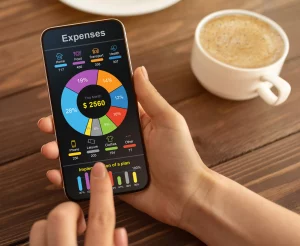
Before choosing a budgeting app, consider these essential features:
- Bank Account Integration: Syncing your bank accounts ensures real-time tracking.
- Expense Categorization: Helps analyze where your money is going.
- Customizable Budgets: Allows you to set spending limits for different categories.
- Bill Tracking and Reminders: Ensures you never miss a payment.
- Security and Encryption: Keeps financial data safe and private.
- User-Friendly Interface: An intuitive design makes navigation simple and efficient.
Best Budgeting Apps for Financial Success
1. Mint – Best Overall Budgeting App

Mint is one of the most popular budgeting apps, offering a complete financial overview. It connects with bank accounts, categorizes expenses, and helps create a customized budget. Users receive real-time updates on spending habits, bill reminders, and credit score monitoring.
Pros:
- Free to use
- Automatic expense tracking
- Personalized insights
Cons:
- Contains ads
- Some features require manual input
2. YNAB (You Need A Budget) – Best for Personal Finance Planning
YNAB is designed to give every dollar a job. It focuses on proactive budgeting, helping users plan their finances ahead of time. The app encourages users to allocate every dollar they earn, ensuring financial stability.
Pros:
- Goal-setting features
- Real-time account syncing
- Strong customer support
Cons:
- Paid subscription required
- Learning curve for beginners
3. PocketGuard – Best for Controlling Overspending
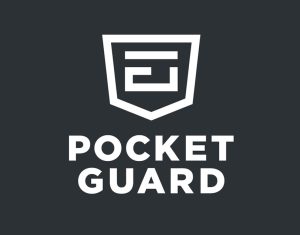
PocketGuard is perfect for those who struggle with overspending. It shows users exactly how much they can spend after covering bills and savings goals. The app connects with bank accounts and provides a “safe-to-spend” balance.
Pros:
- Easy to use
- Helps prevent overspending
- Tracks recurring bills
Cons:
- Limited free version
- Some bank accounts may not sync
4. Goodbudget – Best for Envelope Budgeting System
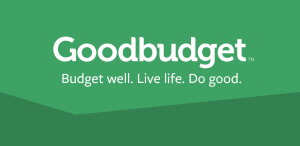
Goodbudget follows the traditional envelope budgeting method. Users allocate a portion of their income to different categories, helping them stay within limits. This app is great for couples or families who want to share budgets.
Pros:
- Simple interface
- Ideal for manual budget tracking
- Great for shared finances
Cons:
- No automatic bank sync
- Manual data entry required
5. Empower – Best for Investment Tracking
Empower (formerly Personal Capital) is a budgeting app that combines budgeting with investment tracking. It provides insights into net worth, retirement savings, and portfolio performance.
Pros:
- Tracks both spending and investments
- Free budgeting tools
- Personalized financial advice
Cons:
- Focuses more on investments
- Advanced tools require premium access
6. EveryDollar – Best for Zero-Based Budgeting
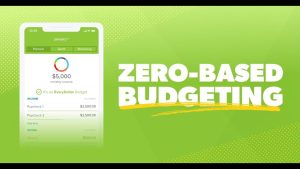
EveryDollar follows the zero-based budgeting approach, ensuring that every dollar is assigned a job. It’s particularly useful for individuals who want to take complete control of their finances.
Pros:
- Simple to use
- Customizable budget plans
- Helps eliminate unnecessary spending
Cons:
- Free version has limited features
- No automatic transaction syncing in the free plan
Additional Tips for Budgeting Success
To maximize the benefits of a budgeting app, consider these tips:
- Review your budget regularly: Ensure you are on track with your financial goals.
- Adjust spending categories as needed: Modify your budget to fit changing circumstances.
- Set realistic savings goals: Achievable targets motivate better financial habits.
- Use alerts and notifications: Stay updated on bill payments and spending limits.
- Stay disciplined: Consistency is key in successful budgeting.
How to Make a Budget
Making a sound budget doesn’t always require a sophisticated spreadsheet. Actually, it’s better for you if you can make the process as easy as possible. CNBC Select offers a five-step budgeting process.
Calculate Your Take-Home Pay
- Your take-home salary is the money you receive after taxes and deductions.
- If you are a full-time W-2 employee, this amount stays the same each month.
- If you freelance or do gig work, your income may change, so calculate an average monthly income based on previous earnings.
List Your Monthly Expenses
- Start with essential expenses like rent, mortgage, utilities, groceries, insurance, and transportation.
- Include savings contributions and non-essential spending, such as dining out, entertainment, and subscriptions.
- Focus on covering basic needs first, then allocate money for savings and other expenses.
Separate Fixed and Variable Expenses
- Fixed expenses stay the same each month and must be paid, like rent, loans, and insurance.
- Variable expenses change monthly and can be adjusted, such as groceries, dining out, and shopping.
- Identifying these categories helps you manage your budget better and adjust spending when needed.
Estimate Monthly Spending on Variable Expenses
- Review past spending to determine how much you usually spend on things like groceries, dining, and entertainment.
- Use this amount to set a realistic budget for expenses that vary each month.
- Being aware of spending patterns helps prevent overspending and improves financial planning.
Review and Adjust Your Budget
- Ensure that your total expenses do not exceed your take-home pay.
- If expenses are higher than income, look for ways to cut back, like reducing unnecessary spending.
- If you have extra money after paying for everything, save, invest, or pay off debt faster.
- Regularly adjusting your budget helps stay in control of your finances and reach your financial goals.
Creating a budget makes managing money easier and less stressful. With a good plan, you can track your income, control expenses, and build a more secure financial future.
Comparison Table of Budgeting Apps
| Budgeting App | Best For | Cost | Features |
|---|---|---|---|
| Mint | Overall Budgeting | Free | Auto tracking, bill reminders, credit monitoring |
| YNAB | Personal Finance Planning | Paid | Goal-setting, real-time syncing, proactive budgeting |
| PocketGuard | Controlling Overspending | Free/Paid | “Safe-to-spend” feature, bill tracking |
| Goodbudget | Envelope Budgeting | Free/Paid | Manual entry, shared budgeting |
| Empower | Investment Tracking | Free | Net worth tracking, investment insights |
| EveryDollar | Zero-Based Budgeting | Free/Paid | Custom budgets, manual tracking |
Conclusion
Budgeting Apps are Powerful Tools that help individuals manage their finances more effectively, making it easier to track spending, save for goals, and plan for the future. Whether you’re looking to monitor expenses, manage investments, or create a structured financial plan, there is a budgeting app designed to meet your specific needs.
Using a budgeting app allows you to gain better financial control by providing real-time insights into your spending habits. These tools help identify unnecessary expenses, ensuring that your money is allocated toward important financial goals such as saving for a home, paying off debt, or building an emergency fund. By setting customizable budget categories, users can track where their money goes and make informed decisions about their financial priorities.
For those focused on investment tracking, some apps provide features to monitor stock portfolios, retirement accounts, and asset growth. These tools are especially useful for individuals looking to grow their wealth and make strategic investment decisions.






